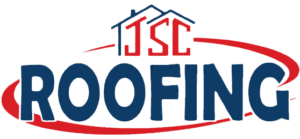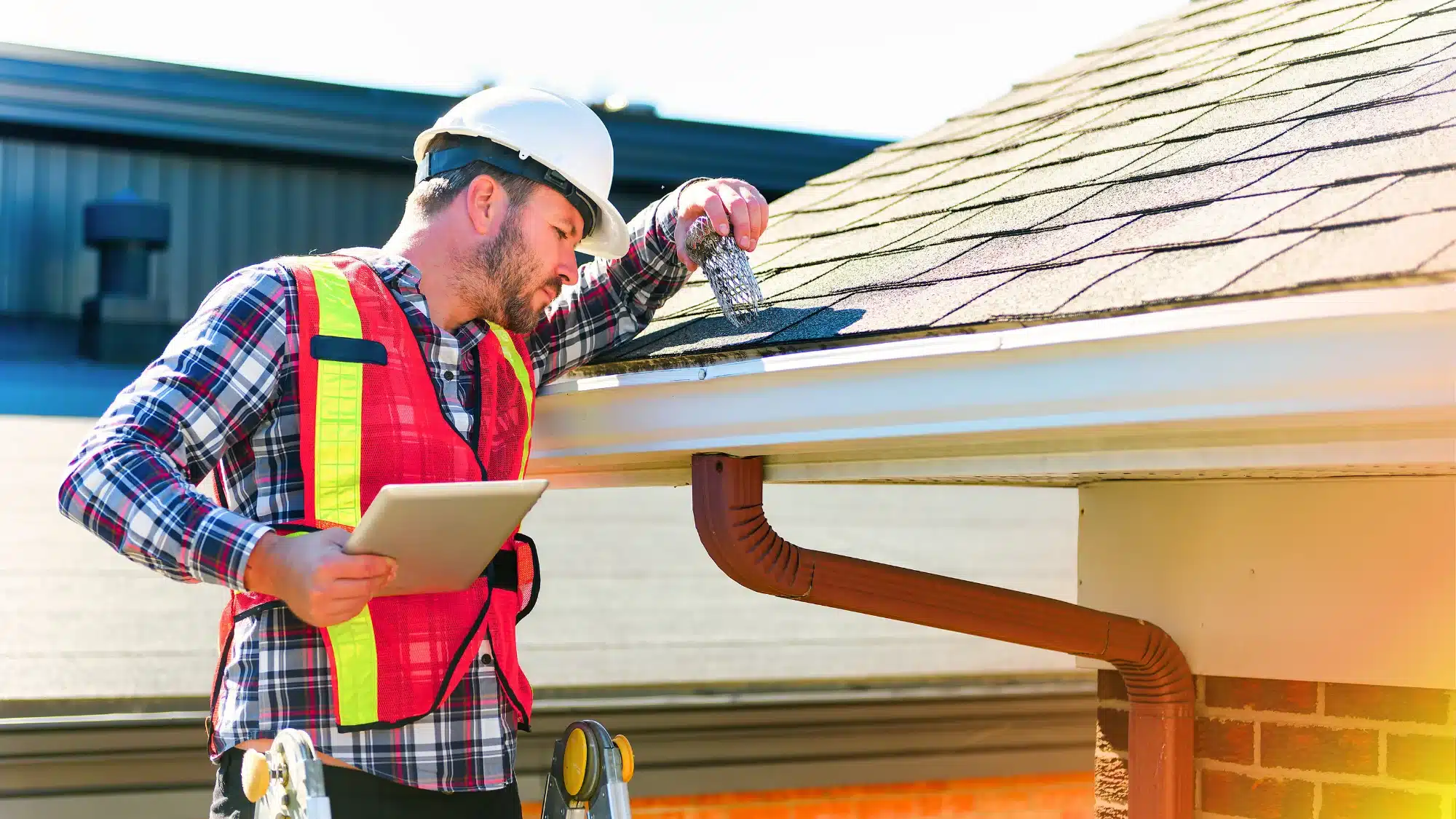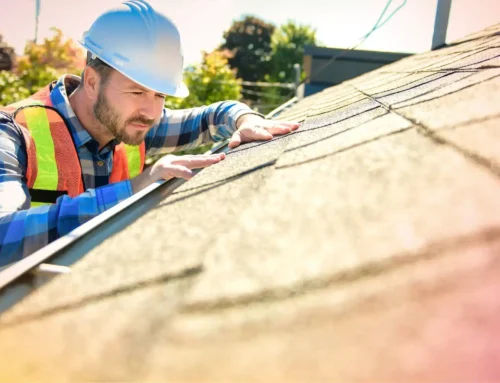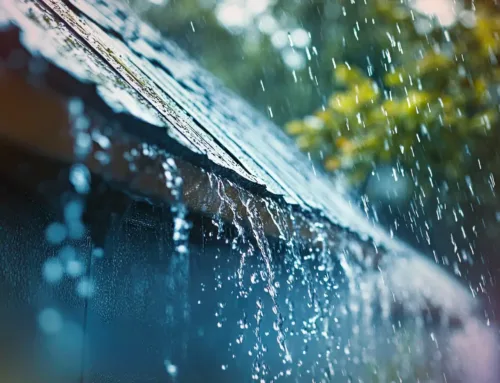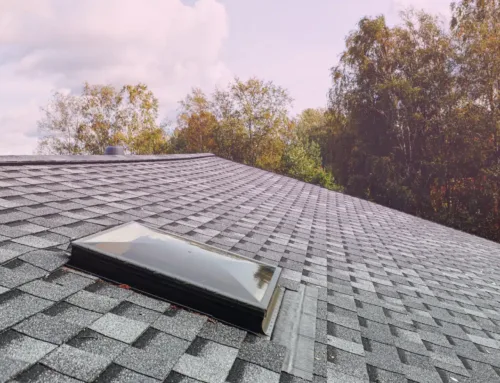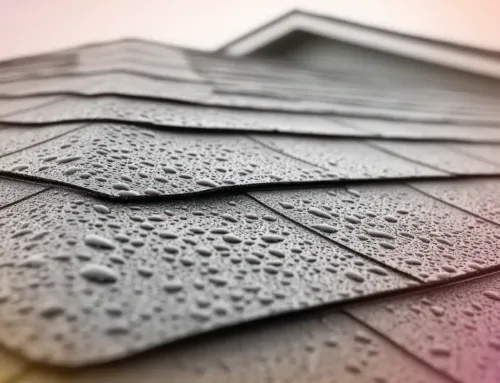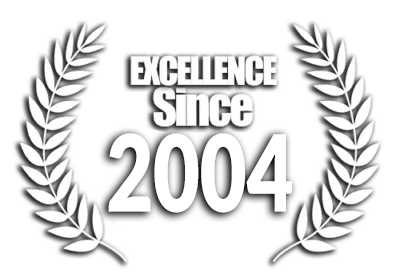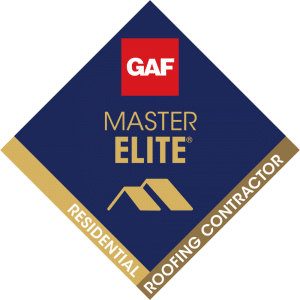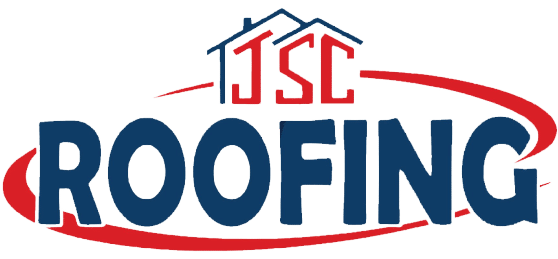Summer in Central Florida brings intense sun, heavy rains, and the occasional storm—making it essential to keep your roof in peak condition. Whether you’re a homeowner looking to save on repairs or simply want peace of mind, a DIY roof inspection can help you spot issues early. Here’s a comprehensive guide to the best tools, safety tips, and inspection steps, brought to you by the trusted roofing contractors Central Florida relies on: JSC Roofing.
Why Summer Roof Inspections Matter
The combination of heat and storms in Central Florida can accelerate roof wear and tear. Regular inspections help you:
- Identify minor issues before they become expensive repairs.
- Protect your home from leaks and water damage.
- Extend the lifespan of your roofing system.
Essential Roof Inspection Tools
Before you start, gather these must-have tools for a thorough and safe inspection:
- Sturdy ladder with stabilizer
- Non-slip shoes for secure footing
- Work gloves to protect your hands
- Binoculars for inspecting hard-to-reach areas from the ground
- Flashlight for attic and under-eave checks
- Notebook or smartphone to document findings
- Chalk or marker to highlight problem spots
DIY Roof Inspection Safety Tips
Your safety is the top priority. Follow these expert tips:
- Check the weather: Only inspect your roof on clear, calm days to avoid slips and falls.
- Work early or late: Avoid midday heat to reduce the risk of heat-related illness.
- Limit time on the roof: Take frequent breaks and stay hydrated.
- Never work alone: Have someone nearby in case of emergency.
- Use proper ladder technique: Place your ladder on stable ground and extend it at least three feet above the roof edge.
Step-by-Step Roof Inspection Checklist
1. Start from the Ground
- Use binoculars to look for missing, curled, or buckled shingles.
- Check for piles of leaves, moss, or algae growth.
- Inspect gutters for sagging, rust, or debris buildup.
2. Climb Up Safely
- Examine shingles for cracks, granule loss, or damage from wind and hail.
- Inspect flashing around chimneys, vents, and skylights for rust or gaps.
- Check seals and caulking for signs of wear.
3. Evaluate Roof Attachments
- Ensure satellite dishes, solar panels, and other attachments are secure.
4. Inspect Attic and Ventilation
- Look for water stains, mold, or daylight coming through the roof boards.
- Ensure ridge and soffit vents are clear and functioning.
5. Document Everything
- Take photos and notes of any issues for future reference or to share with professionals.
When to Call Professional Roofing Contractors Central Florida
While DIY inspections are valuable, some issues require expert attention. Contact JSC Roofing if you notice:
- Extensive shingle damage or missing sections
- Persistent leaks or water stains inside your home
- Sagging rooflines or structural concerns
- Uncertainty about your findings
Professional roofing contractors Central Florida homeowners trust can provide a detailed assessment and recommend the best solutions for your roof’s longevity.
Final Thoughts
Regular summer roof inspections are a smart way to protect your investment and ensure your family’s safety. By using the right tools and following these safety tips, you can confidently assess your roof’s condition. For complex repairs or peace of mind, reach out to JSC Roofing—the roofing contractors Central Florida depends on for quality and reliability.
Stay safe and proactive this summer. For expert help, contact JSC Roofing—your local roofing contractors Central Florida homeowners trust.
